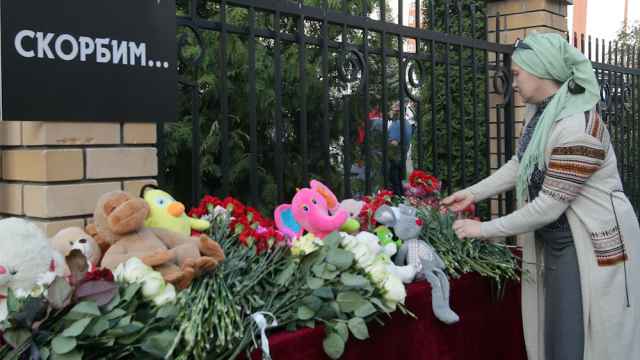Russia’s state-controlled telecommunications provider is proposing a 260-billion-ruble ($4.1 billion) online ecosystem to “protect users from foreign influence,” the Kommersant business daily reported Wednesday.
Rostelecom’s so-called roadmap reportedly envisions the creation of state-run messengers, gaming services, browsers and operating systems. The telecom provider’s ambitious proposal also includes state-controlled content recommendation systems and speech and gesture recognition in addition to virtual and augmented reality technology, the publication reported.
Their underlying purpose is to minimize the risk of public opinion being manipulated through technology, Kommersant reported.
“The roadmap says that such technologies can significantly affect economic development and social stability and carry risks of … spreading fake news and negative influence from foreign organizations,” an unnamed source familiar with the document was cited as saying.
Rostelecom sent the draft roadmap to the Communications Ministry, the source told Kommersant and another IT industry source confirmed. Rostelecom and the Communications Ministry did not comment on the publication’s report.
The roadmap is part of President Vladimir Putin’s centerpiece National Projects program, which aims to stimulate the economy through 12 state-centric projects. Rostelecom’s proposal for a state-run online ecosystem is named among the digital economy project’s more expensive roadmaps.
IT experts expressed skepticism about the state spending program in the presence of similar solutions developed by private Russian tech firms.
“There’s a high probability of a completely useless waste of funds,” Karen Kazaryan, chief analyst at the Russian Association for Electronic Communications, was quoted by Kommersant as saying.
A Message from The Moscow Times:
Dear readers,
We are facing unprecedented challenges. Russia's Prosecutor General's Office has designated The Moscow Times as an "undesirable" organization, criminalizing our work and putting our staff at risk of prosecution. This follows our earlier unjust labeling as a "foreign agent."
These actions are direct attempts to silence independent journalism in Russia. The authorities claim our work "discredits the decisions of the Russian leadership." We see things differently: we strive to provide accurate, unbiased reporting on Russia.
We, the journalists of The Moscow Times, refuse to be silenced. But to continue our work, we need your help.
Your support, no matter how small, makes a world of difference. If you can, please support us monthly starting from just $2. It's quick to set up, and every contribution makes a significant impact.
By supporting The Moscow Times, you're defending open, independent journalism in the face of repression. Thank you for standing with us.
Remind me later.






